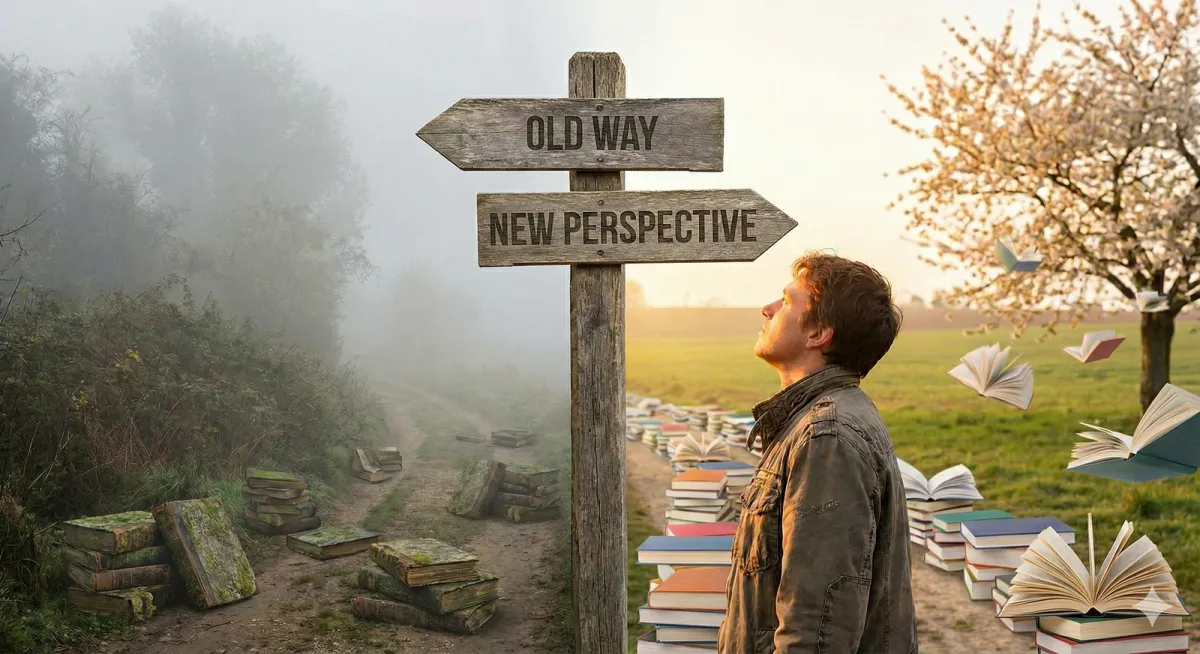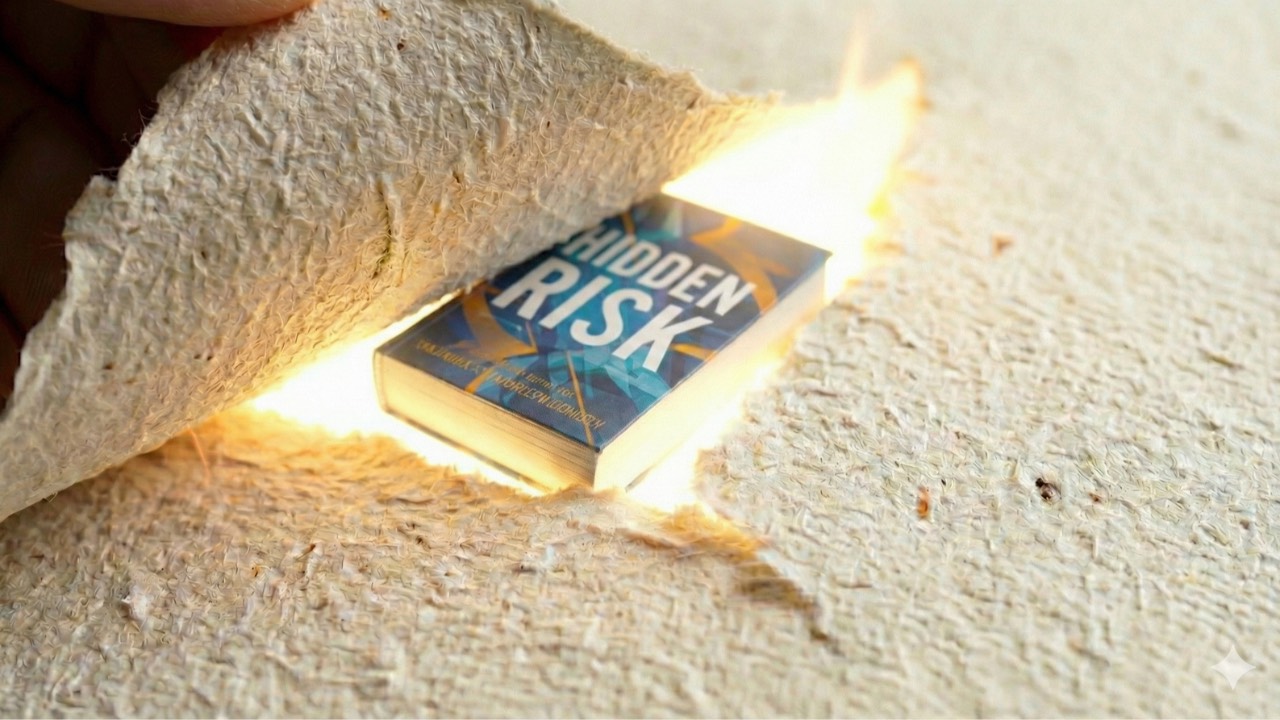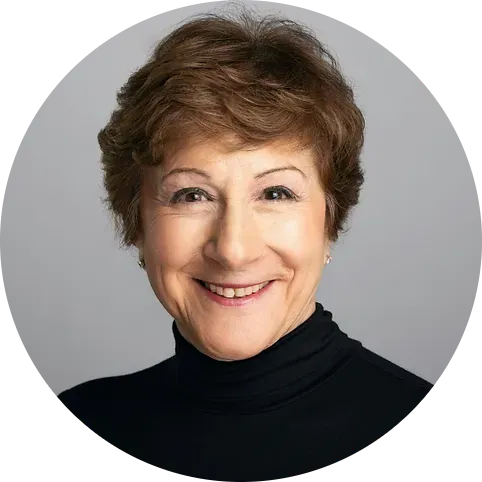The Bulk Book Mindset Authors Must Internalize Before Anything Works
What changes when you stop trying to sell your book and start positioning it as a tool? This article reveals the mindset shifts that unlock bulk sales and better conversations.

What changes when you stop trying to sell your book and start positioning it as a tool? This article reveals the mindset shifts that unlock bulk sales and better conversations.

Have you noticed that standing out as a nonfiction author feels harder every year? More books hit the market, algorithms change without warning, and readers skim past anything that feels generic.

My late coach and colleague, Bill McGrane, loved to remind people that it takes fifteen years to become an overnight success. The first time he said it, I laughed. The second time, I swallowed hard.

Brené Brown said, “Staying vulnerable is a risk we have to take if we want to experience connection.”

Susan Friedmann, CSP, is a trailblazer in the world of nonfiction book and author marketing coaching and training. With over 30 years of experience, she’s on a mission to help you stand out from the crowd. Say goodbye to blending in — Susan injects life into your book marketing game.